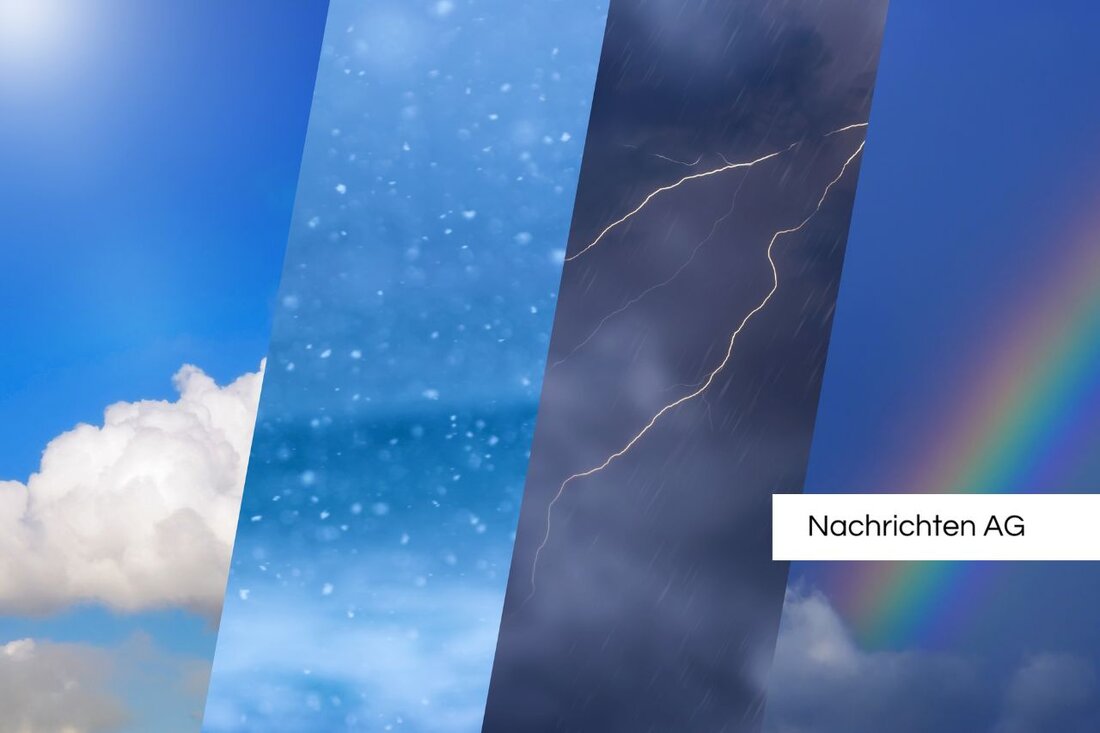Revolutionary AI predictions: Karlsruhe Institute fights against climate change!
Discover how AI models are revolutionizing meteorological forecasts and better modeling climate change. News from November 5th, 2025.

Revolutionary AI predictions: Karlsruhe Institute fights against climate change!
What weather can we expect in the coming days? This question concerns people every day. Thanks to state-of-the-art artificial intelligence, prediction is now more precise and faster. The ambitious WOW project is underway at the Karlsruhe Institute of Technology (KIT), which researches new approaches to simulating the effects of climate change on local environmental systems. Sunny side reports that the goal of this project is to develop an AI world model that connects different AI models. These are intended to help better predict events such as forest fires, floods or droughts.
Funding from the Carl Zeiss Foundation with almost six million euros ensures that researchers at KIT have comprehensive resources to analyze complex interactions between the atmosphere, water and land surface. Professor Peer Nowack, who leads the project, emphasizes the importance of modern AI methods for learning and emulating relationships from observational data.
Climate change and extreme weather events
Global climate change is causing more frequent extreme events and having profound impacts on our ecosystems. With the new AI world model, scientists hope to be able to better assess these risks and make well-founded decisions for climate protection. Professor Almut Arneth points out that this technology could help us make hidden connections to climate change visible.
Another innovative approach was recently presented by the European Center for Medium-Range Weather Forecasts (ECMWF). The new AI weather model, called AIFS, has already proven to outperform conventional weather forecasting methods. According to a report by daily news On average, the model delivers up to 20 percent better results for important weather parameters.
AI and weather forecasting: A step forward
What is particularly notable is the AI model’s ability to simultaneously calculate 51 prediction scenarios. This significantly improves the reliability of forecasts and could enable weather services to detect extreme weather events such as heavy rain or hurricanes earlier. In notable weather conditions, the accuracy could even increase by up to 40 percent. The model also works up to ten times faster and uses 1,000 times less energy.
Another breakthrough in AI-supported weather forecasting was recently announced by the German Weather Service (DWD). Here, weather observation data is now fed completely into forecast models using AI. How DWD reports, a new AI-based data assimilation scheme enables significantly improved weather forecasting and better climate analysis. With this data assimilation, based on deep learning techniques, the efficiency of the predictive models is significantly increased.
Dr. Jan Keller from the DWD describes that the response among European weather services is positive. The new approach integrates data outside of traditional methods and could represent a real revolution in forecasting practice. Ultimately, it can be said that the future of weather forecasting could make great progress through the use of AI, and we in Cologne can also be excited to see what these technologies will bring in the next few years.

 Suche
Suche
 Mein Konto
Mein Konto